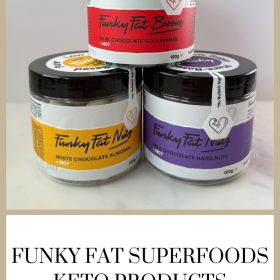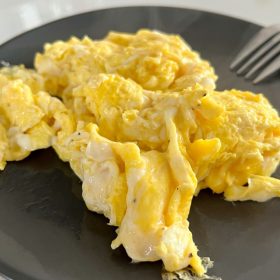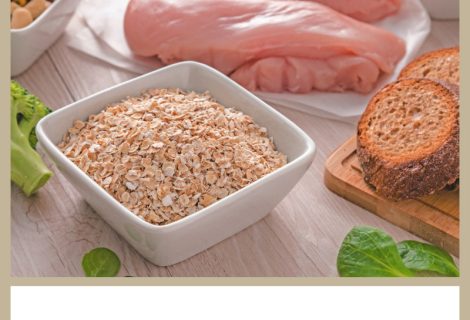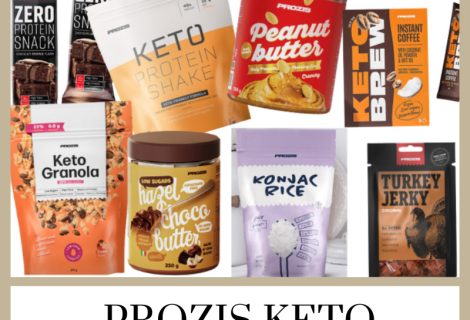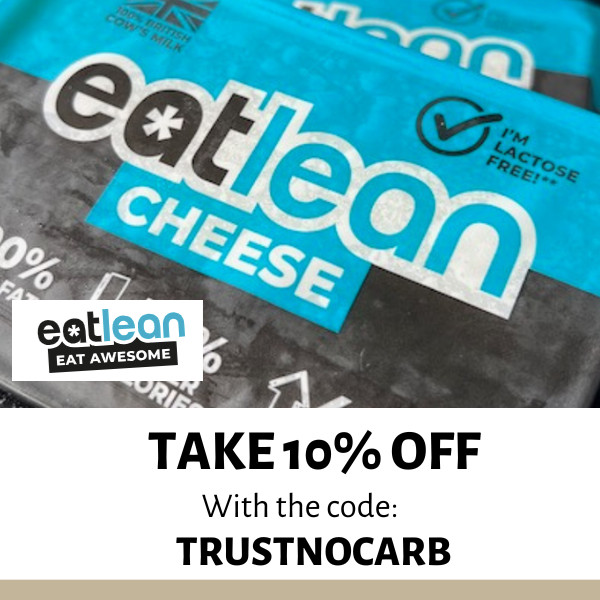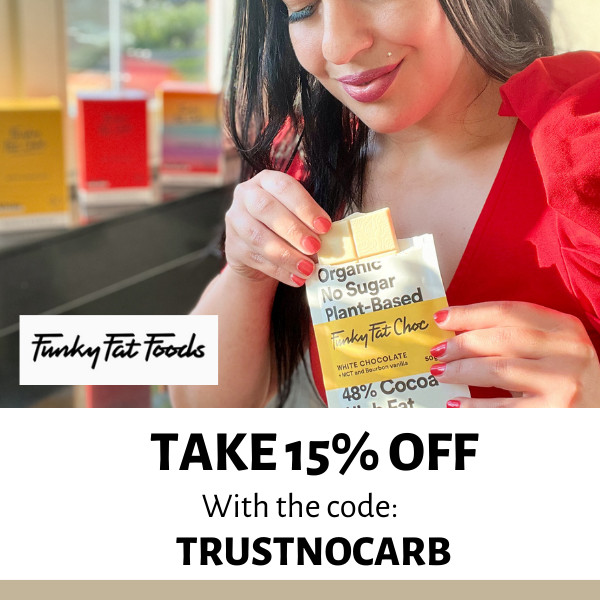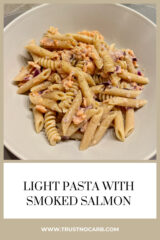Navigate to where you want to go:
Recently I did research on the most suitable sweeteners for the keto diet. In the beginning, I thought one or another made no difference, but then I stumbled upon one article about maltitol from KetoConnect and it opened me to a world.
A sweetener can be low carb and/or partially not digested by our body BUT this doesn’t mean that Is suitable for the keto diet.
Some sweeteners can start an insulin reaction that can kick us out of ketosis. Read How I test my ketones at home with a Ketone Meter.
What we have to consider is the Glycemic Index (GI) which is the measure of how fast a substance rises the blood sugar level.
Low-GI foods have a GI value under 55.
Medium-GI foods are between 51–69.
High-GI foods counts more than 70.
This is a very interesting point: how many times do we focus too much on checking the carbs and we don’t check the ingredients?
Are we consuming low-carb products that contain a sweetener that is not keto-friendly?
Which sweeteners are the best for the keto diet
I did some research, and the following 3 sweeteners are the best for the keto diet.
Erythritol
Erythritol is a sugar alcohol only partially absorbed by the intestinal tract.
it doesn’t raise the blood sugar or insulin level. The GI is 1.
This is always my first choice. Is good as a sweetener in coffee and perfect for baking because they sell it granulated or powdered.
you will find Erythritol online, on H&B, and on Steviala’s website (in several forms).
Monk fruit
In the Netherlands, Monk fruit is very difficult to find, It’s more expensive than other choices, that’s why we can find it in a mix of erythritol or stevia.
It doesn’t raise blood sugar.
Stevia
Everybody knows stevia. Nowadays is contained in different products and many versions of commercial foods have their Stevia version.
What I love about stevia is that doesn’t raise blood sugar.
What I ate about stevia is the aftertaste. I simply cannot.
Stevia is sold in powder, but also in drops, very convinient to mix in the coffee.
Other Types of Sweeteners
Sugar alcohols
Called also polyols. The best choice, as I mentioned earlier, is Erythritol.
But there are other types.
Let’s talk about Maltitol. Is the most common to find in dietary products because it’s very cheap to produce.
Try to avoid Maltitol.
The GI for the powdered form is 35 and for the syrup, the form is 52.
Maltitol raises blood sugar and increases insulin response.
It has also a powerful laxative effect: if consumed in more than 40 grams it can cause bloating, gas, and diarrhea.
Notice that most of the low-carb candy bars and low-carb candies contain maltitol.
Another sugar alcohol is Xylitol. This name will ring a bell because they are used the most in sugar-free chewing gum.
It is not totally absorbed by the digestive tract, but only half.
Even when consumed in small portions can cause an insulin response.
It has also laxative properties.
I guess you are thinking to limit sugar-free chewing gums.
Well, I think we won’t consume many grams per day of xylitol, so is not a big deal chewing a piece of gum from time to time.
Plant-based sweeteners
Allulose can’t be absorbed by our body, therefore no carbs, no calories, and no insulin response. But it’s very expensive and very difficult to find in the Netherlands.
BochaSweet is made from one extract of a kind of pumpkin from Japan.
It’s a new sweetener and I didn’t find it in the Netherlands yet.
Inulin–based sweeteners are not very sweet but they cannot be absorbed by the body.
Artificial sweeteners
Acesulfame K (Ace-K or E950) it’s very sweet and it’s largely used in the sugar-free drinks.
Has no calories or carbs.
The GI is 0 but can raise blood sugar in some people.
Aspartame (E951) and Saccharin are very famous sweeteners.
Studies have shown that they don’t raise insulin levels.
They contain no carbs, but watch out for the sweetener bags you find in restaurants: if they are in combination with Dextrose (GI=100!), you are introducing some carbs with your coffee.

Aspartame and saccharin are still studied to determine whether they are truly safe.
Sucralose has no carbs or calories but still, studies are in controversy regarding the effects on insulin response.
Notice that sugar-free sodas and energy drinks contain artificial sweeteners.
The sweeteners used in the Coca-cola zero (and all sodas) are aspartame and Ace-K.
No carbs but some people can have an insulin response.

Sometimes reading the ingredients it’s hard: instead of the full name, there is a code. Read below the ingredients of the Pepsi Maxx.

Below you can find a legend of the sweeteners codes.

Consult also this page for more details on sweeteners.
So you can easily see that also Pepsi Maxx contains Ace-K and aspartame.
Sweeteners and keto diet: final conclusions
In conclusion, the correlation between sweeteners and insulin spikes is still under research.
Studies are controversial and on the internet, I’ve read many different articles with different opinions on sweeteners.
Many keto followers decided to ditch all the sweeteners because they can trigger more sweets cravings or kick them out of ketosis.
I believe that moderation is always the key.
I personally try to limit the sweeteners where I can: I don’t always use them in my coffee, I stick to erythritol, I limit the protein bars and I don’t drink everyday soda.

Hi, I’m Simona! After experiencing the restrictions of keto, I’m now enjoying a balanced diet that brings freedom and happiness to my eating habits.
You find me on Instagram, Pinterest, and sometimes on Facebook.
I also write a lot of keto recipes on my Italian blog keto-with-simona.
Check also:
“This post may contain affiliate links. This means I will get a commission if you purchase through my links, at no extra cost to you. All the opinions are my own. Read the full disclosure here.“



